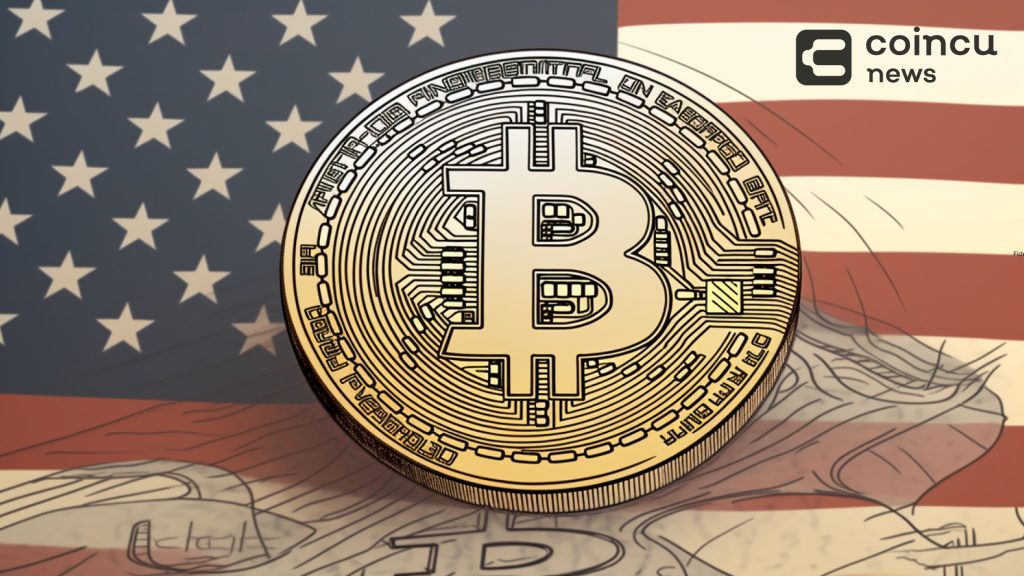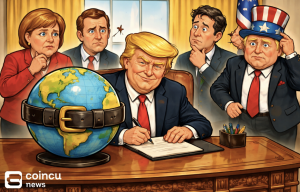Bitcoin’s Correlation With Technology Stocks Is Growing With Confidence About Interest Rates
Key Points:
- Bitcoin’s correlation with mainstream assets, like tech stocks, is on the rise, fueled by optimism over potential rate cuts by the Federal Reserve.
- Despite its origins as an uncorrelated asset, Bitcoin’s increasing integration into traditional markets, notably through ETFs, challenges its narrative as a hedge against government control.
- Bitcoin future behavior hinges on Fed policy shifts with rate cuts would bolster its status as a risk asset or redefine its role in traditional markets.
According to Bloomberg, Bitcoin, often hailed as an uncorrelated asset immune to traditional market influences, is showing signs of increased correlation with mainstream investments like technology stocks.

Bitcoin’s Correlation Shift: From Niche to Mainstream
Bitcoin’s correlation with US stocks comes amid growing optimism that borrowing costs may soon decrease, prompting comparisons between Bitcoin and high-growth assets such as shares in tech companies.
Recent data indicates a notable correlation between digital currencies and the technology-heavy Nasdaq 100 index, with a 90-day correlation coefficient reaching 0.46, the highest level since August last year. This trend contrasts with the narrative of Bitcoin’s independence from government control, central banks, and outside influences, which was central to its inception in 2008 by the mysterious Satoshi Nakamoto.
Bitcoin’s correlation with the S&P 500, another indicator of mainstream market dynamics, has also strengthened since the beginning of 2024, challenging the narrative of Bitcoin as a store of value. The approval of US spot Bitcoin ETFs earlier this year further integrated the cryptocurrency into traditional investment portfolios.
Fed Policy Uncertainty with Bitcoin’s Future Hangs in the Balance
Despite fluctuations, Bitcoin has experienced significant growth this year, surging approximately 58%, compared to an 11% increase in the Nasdaq 100. The recent easing of underlying US inflation in April has provided some relief for policymakers, although several Federal Reserve officials maintain a cautious approach to reducing borrowing costs, suggesting a reluctance to cut rates prematurely.
The potential impact of future rate cuts on Bitcoin remains uncertain, with some analysts anticipating a bullish trend for risky assets, including cryptocurrencies, in such a scenario. However, the resilience of Bitcoin since the introduction of US ETFs suggests a growing acceptance of the cryptocurrency within traditional financial markets, prompting speculation about its future behavior in response to changes in Fed policy.
| DISCLAIMER: The information on this website is provided as general market commentary and does not constitute investment advice. We encourage you to do your own research before investing. |






















